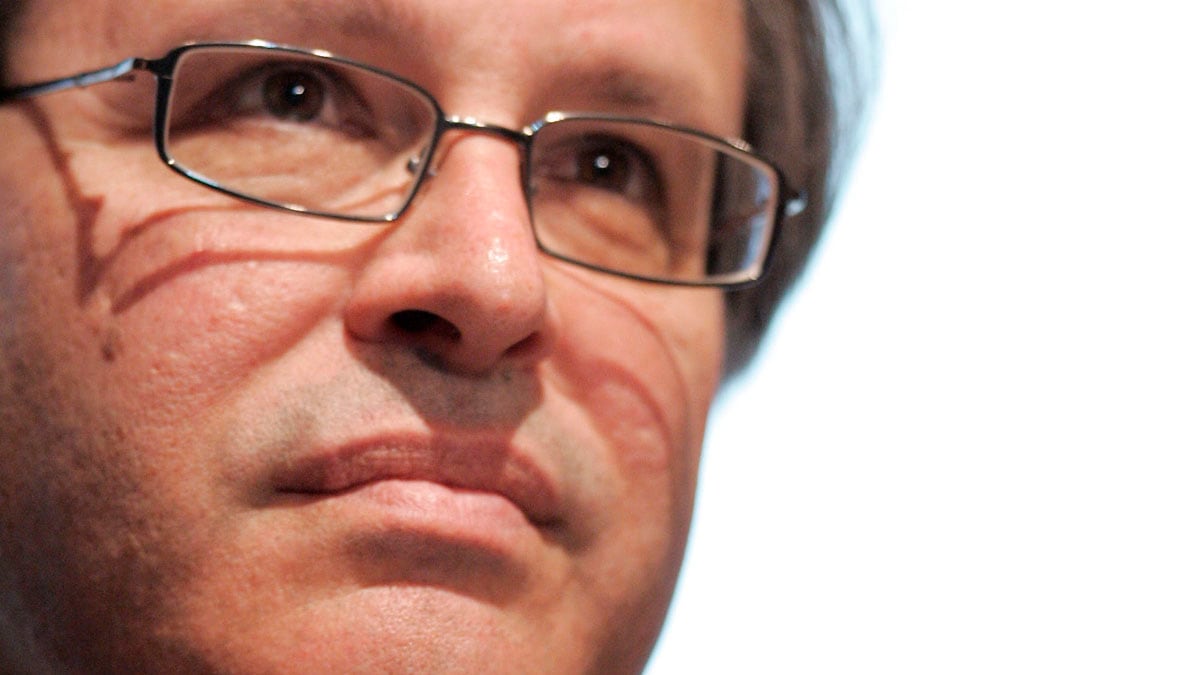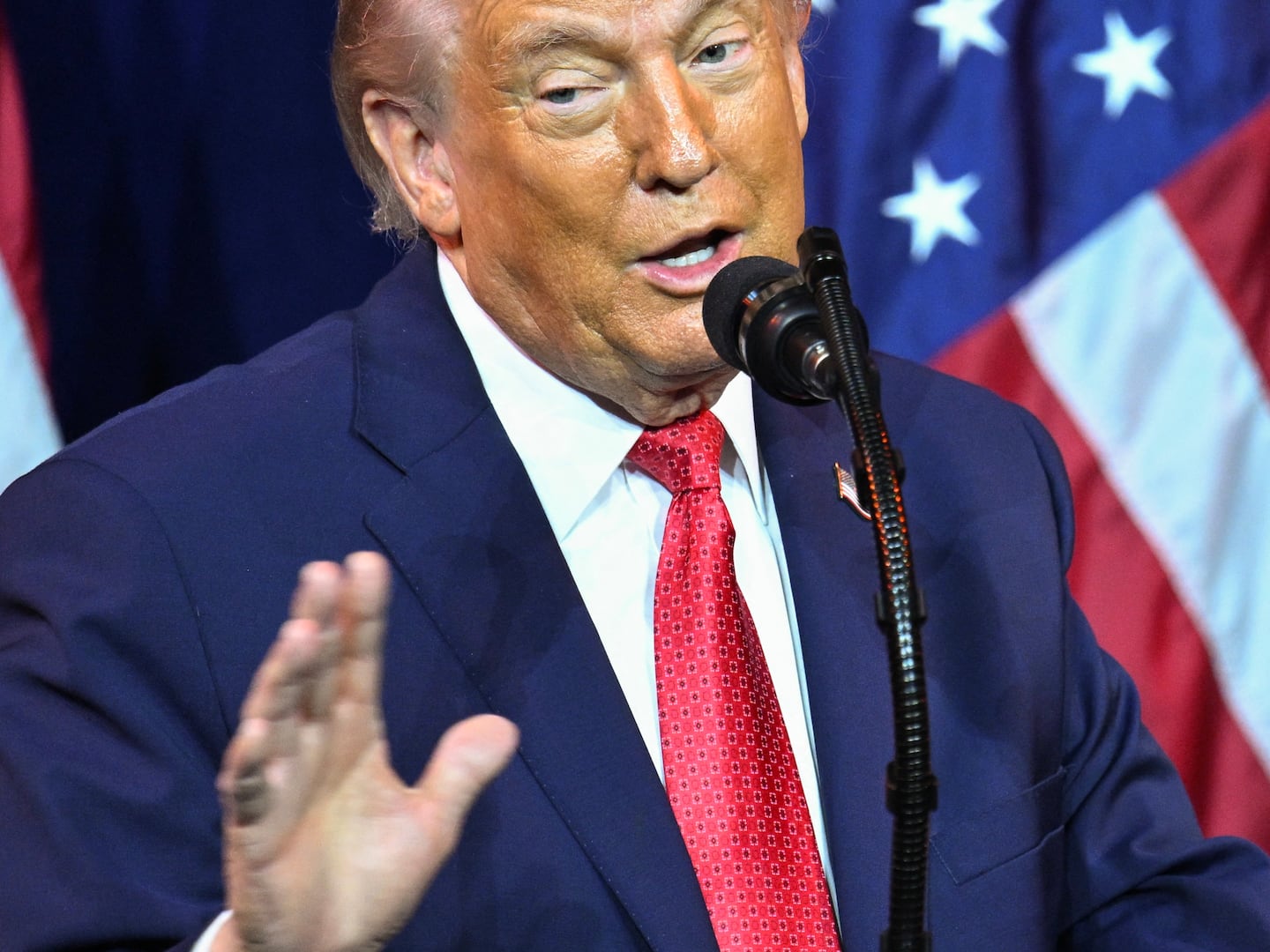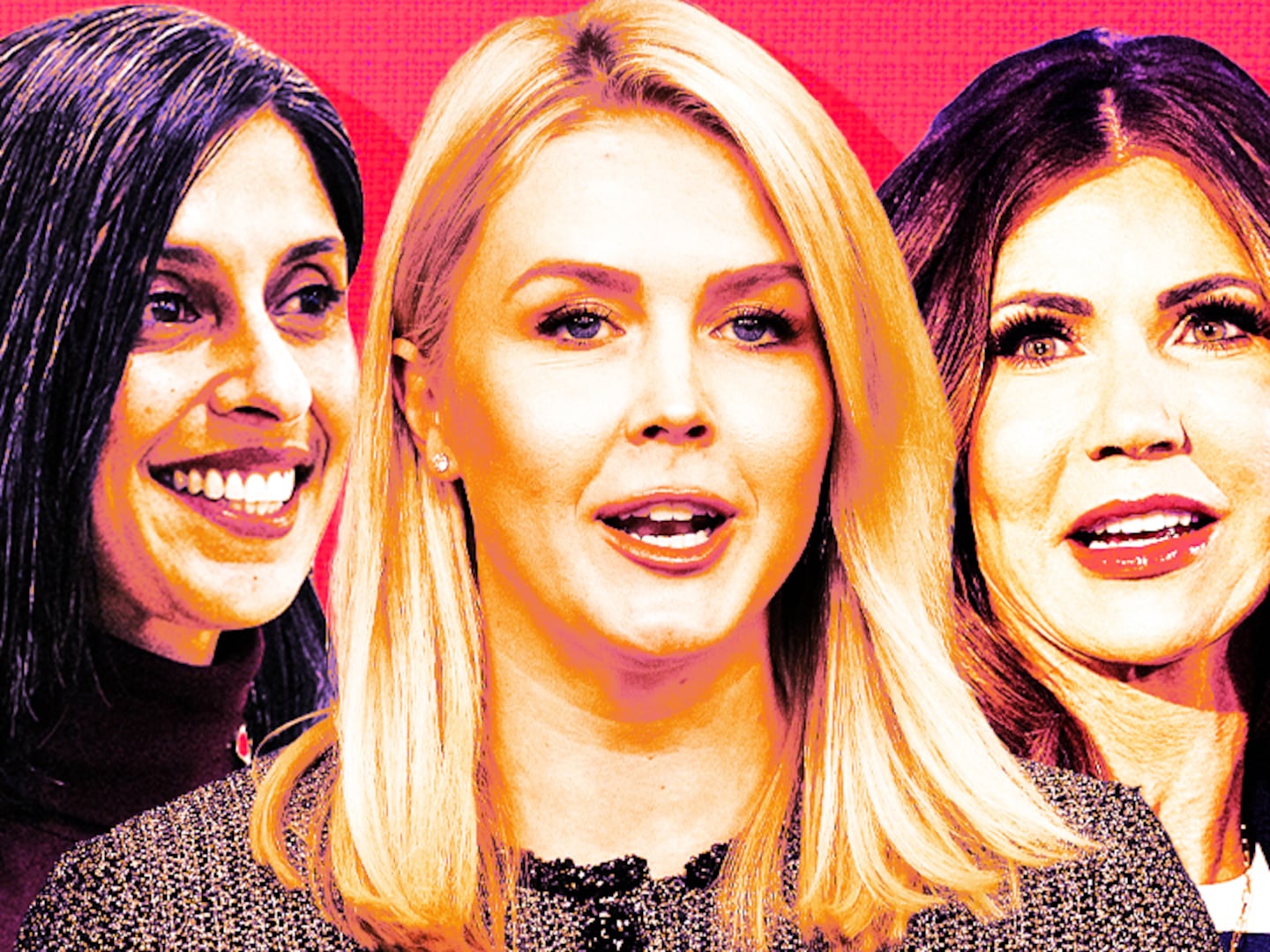When Nicholas Lemann announced that he was leaving his post as dean of Columbia Journalism School after 10 years on the job, many of his journalistic colleagues wanted to know the reason—the real reason—for his departure. A New York Times report on Lemann’s resignation shoehorned a reference to the industry’s “turbulent decade” into the very first sentence, while assuring readers that “he was not leaving because he was unhappy.”
To his friends in academia, Lemann told The Daily Beast in an interview at his Columbia office, the choice to leave was rather obvious. “It’s just the way life works,” he said. One needs change.
Guiding America’s top journalism school since 2003, Lemann managed to navigate that “turbulent decade” and remains bullish on the future of the industry, mostly dismissing those who judge journalism to be in the throes of crisis. Indeed, Lemann methodically explains—slowly, precisely —there is plenty to be excited about. “I’m not so bullish on the newsroom size of the top 25 metro daily newspapers in the United States,” he admits, but this doesn’t mean that journalism is stagnant. “Reuters is growing. Bloomberg News is growing. Newspapers in India are growing. Patch is still growing. Lots of people are doing startups.” And those who pooh-pooh the need for young reporters to drop $81,000 on journalism school, claiming that students are signing up for an industry that barely exists? “It does exist. Our hiring numbers [for graduating students] are up pretty substantially in the time I have been here.”
Anyway, Lemann forcefully rejects the idea of some previous golden age of media, a His Girl Friday idyll when “things were better” for journalism, journalists, and consumers. “There was more carnage in the big city newspaper business between 1950 and 1975 than there has been between 1995 and today,” he says. It was a brutal time to be a newspaper man, when many big cities transitioned from highly competitive markets to single newspaper towns. “Everyone thinks that 20 years ago, some problem or another didn’t exist,” Lemann insists. But there was never a time when one could reliably earn a salary and pensions as, say, a long-form journalist or documentary filmmaker. Back in the good old days, newspapers routinely went bankrupt and media monopolies were common. “People tend to feel, whatever the pressing problem of the moment, that humans before me didn’t have to deal with it.”
And Lemann also bats away the complaint that the new media outlets that do exist are destructively partisan. It’s a consistent question—one he often fields, he says, from those who long for an authoritative voice, a 21st-century Walter Cronkite. “What they are really saying is—and they don’t think they are saying this—that a world of less press freedom, a sort of managed oligopoly, is paradise.” In other words, more is almost always better. And the nostalgics can take comfort that the opinion media complex isn’t a recent invention: “Journalism was opinion journalism from about 1700 to 1900.”

Nor is Lemann bothered by the popularity of sharp-elbowed, hyperpartisan cable news outlets like MSNBC and Fox News. “It’s a free country and it’s really problematic, in a policy sense, to say, ‘You shouldn’t be allowed to have Fox News.’” Offered the opportunity to lament the influence of News Corp. chairman Rupert Murdoch, Lemann doesn’t take the bait. “The sky is falling [predictions] did not happen,” Lemann says. (When Murdoch purchased The Wall Street Journal in 2007, many media observers predicted disaster for the paper, that a once great institution would become a higher-brow version of Fox.) True, some of the more wonkish, long-form reporting on economic matters has vanished, but Lemann cites the addition of a “great” new book review section (“way better than the old Journal’s”), added at a time when other newspapers, like the Los Angeles Times and The Washington Post, have scrapped such standalone sections.
News consumers are savvy, Lemann believes. He argues that most viewers understand that Fox’s “fair and balanced” slogan is to be taken with a wink—and compares the current climate of partisan media to the one he observed in his youth, though on a larger scale. A native of Louisiana, he recalls the right-wing radio stations and the copies of John Birch Society propaganda in friends’ houses. Even in the 1960s, “you could bathe in comforting right-wing or left-wing opinion without there being an Internet or cable television.”
There are, however, a few recent developments in journalism that give him pause. The speed of Internet news has produced a “copy hunger,” and he worries how organizations will feed the beast “while keeping editorial standards.” But this isn’t a new phenomenon either. Lemann says that a fabulist like “Stephen Glass couldn’t have happened at The New Yorker,” where he is a staff writer, because of a rigorous fact-checking process—something that budgets cuts and the speed of the Web have made anachronistic. (It’s perhaps worth noting that the material Jonah Lehrer was accused of “self-plagiarizing” existed on The New Yorker’s website, while the articles published in the magazine have all checked out.) It’s a significant concern, but while the hive mind of the Internet demands a steady stream of new material, it also acts as a collective fact-checker and ombudsman.
Columbia Journalism School graduate A.J. Liebling’s famous lament that “freedom of the press is guaranteed only to those who own one,” Lemann says, no longer holds true. It might have been a “turbulent decade” for journalism, but the shakeup has produced a more varied, more interesting media landscape. “As a consumer of news, this is the best time there has ever been.”






